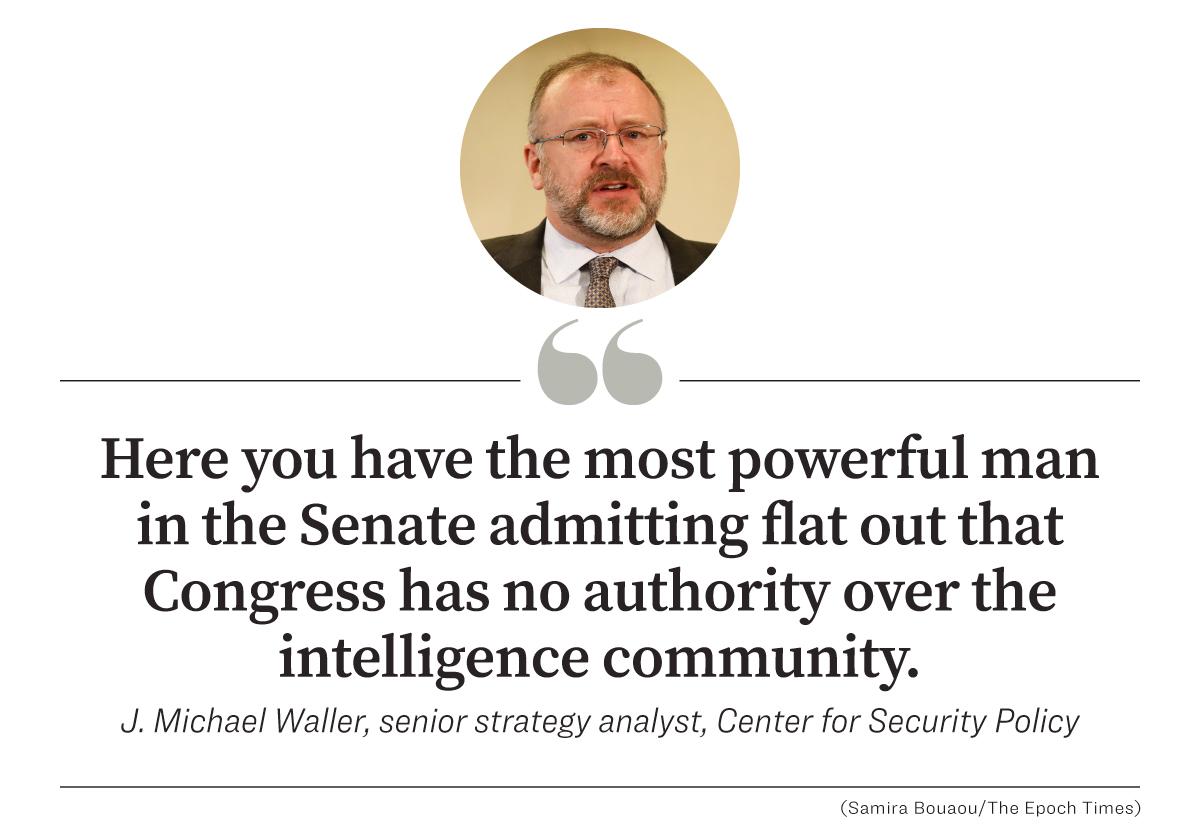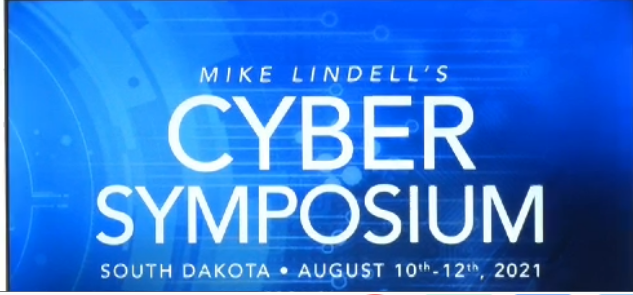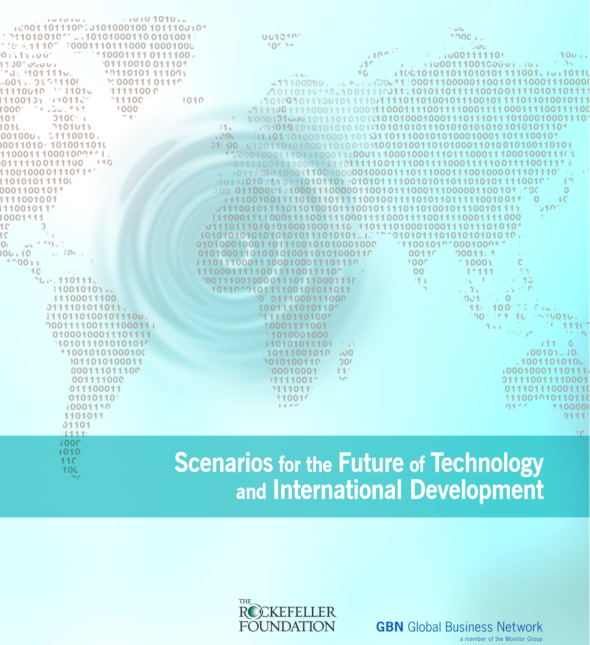NSF Responds
In a statement to The Epoch Times, an NSF spokesman categorically rejected the report’s allegations.During NSF’s solicitation and sifting of dozens of bids it received in response to its request for proposals, a University of Michigan team, with its “WiseDex” tool, pitched federal officials on enabling the government “to externalize the difficult responsibility of censorship.”
The Michigan team was one of four Track F funding recipients spotlighted by the congressional report. A total of 12 recipients were involved in Track F funding and activities.
The second of the four spotlighted teams is from Meedan, a San Francisco-based group that describes itself as “a global technology not-for-profit that builds software and programmatic initiatives to strengthen journalism, digital literacy, and accessibility of information online and off. We develop open-source tools for creating and sharing context on digital media through annotation, verification, archival, and translation.”
In fact, according to the congressional report, Meedan’s Co-Insights Program uses AI to identify and counter “misinformation” on a massive scale.
In one illustration that the group provided to NSF in its funding pitch, was to “crawl” more than 750,000 blogs and media articles on a daily basis for misinformation and fact-checking on themes such as “undermining trust in mainstream media,” “fear-mongering and anti-Black narratives,” and “weakening political participation.”
The Co-Insights Program, according to the congressional report, was “part of a much larger, long-term goal by the nonprofit. As [Scott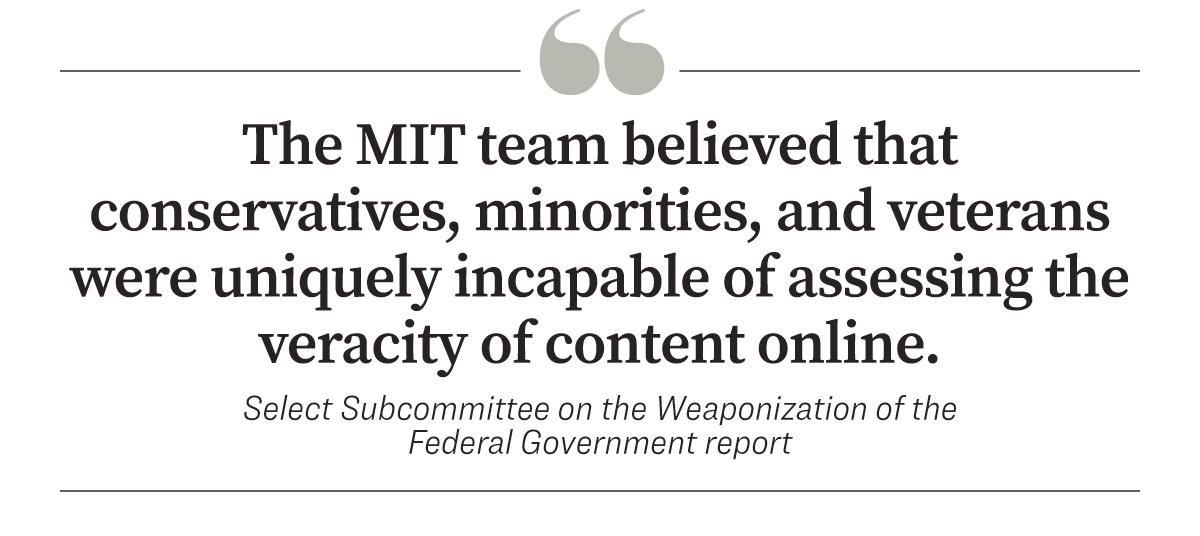
Officials with NSF asked the MIT team “to develop ‘effective interventions’ to educate Americans—specifically, those that the MIT researchers alleged ’may be more vulnerable to misinformation campaigns’—on how to discern fact from fiction online.
“In particular, the MIT team believed that conservatives, minorities, and veterans were uniquely incapable of assessing the veracity of content online,” the congressional report noted.
“In order to build a ’more digitally discerning public,' the Search Lit team proposed developing tools that could support the government’s viewpoint on COVID-19 public health measures and the 2020 election.”
In a study by one of the MIT team’s members, people who hold as sacred certain texts and documents, most notably the Bible and the U.S. Constitution, were described as “‘often focused on reading a wide array of primary sources, and performing their own synthesis,’ further alleging that, ‘unlike expert lateral readers,’ the conservative respondents made ‘no such effort’ to “eliminate bias that might skew results from search terms.”
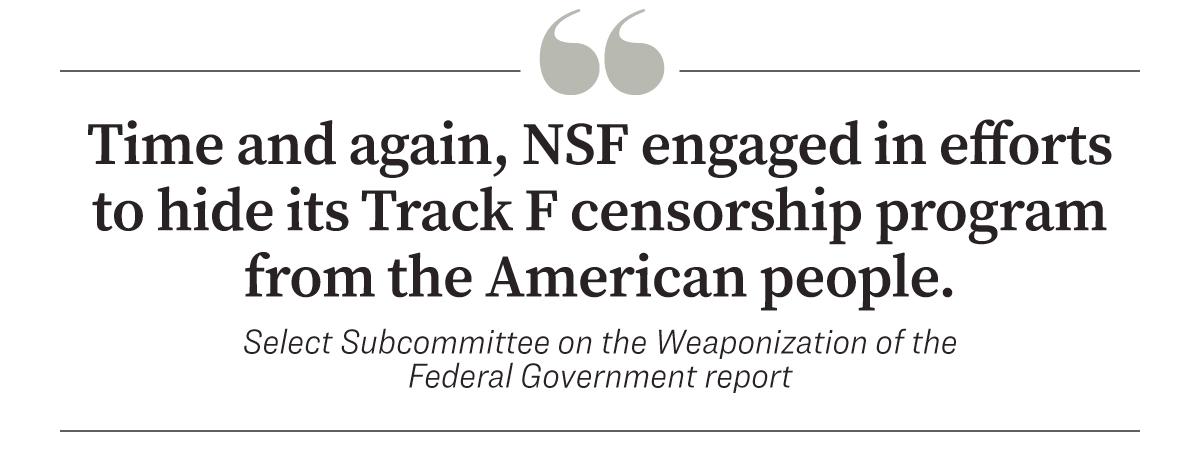
The committee report criticized NSF for failing to provide “an appreciable volume of documents and information” that had been requested in May 2023.
“To date, NSF has produced a mere 294 pages to the committee in response to requests for documents and information relating to its Track F program, maintaining an iron grip on much of the substantially relevant information,” the report detailed.
“Time and again, NSF engaged in efforts to hide its Track F censorship program from the American people, training the research teams on how to avoid media scrutiny and refusing to respond substantively to congressional requests itself.
“The extent to which NSF has gone to shield its taxpayer-funded censorship research raises serious concerns that NSF knows its research activities violate the Constitution and fundamental civil liberties.”

The private sector side of the censorship-industrial complex encompasses hundreds of technology firms such as Meedan that are funded in whole or in part by the federal government, as well as academic and nonprofit organizations such as the teams at MIT and the universities of Wisconsin and Michigan.
describes the censorship-industrial complex as “four categories of institutions in society all working together towards the common goal of censorship. You’ve got government, the private sector, civil society, and then news media and fact-checking.”Mr. Benz, a former State Department official, said that when disinformation conferences are held, representatives from all four institutions usually attend. “They will negotiate what their own preferences and needs are, they will talk with each other about doing favors for favors, they will work out common terminologies, common problems that they are having,” he said.
“They will have revolving doors at the professional level. People who are in government roles in mis, dis, and mal-information, for example, at DHS [Department of Homeland Securitybill that would have defunded Track F and barred such programs anywhere in the federal government.
The appropriations bill became ensnared, however, in the inability of the House late in 2023 to complete all 12 major spending bills.
Mr. Steube’s amendment contained the same language as H.R. 140, which passed the House in February 2023, but remains stalled in the Senate.
Power of Intelligence Community
J. Michael Waller, senior strategy analyst at the Center for Security Policy and author of “Big Intel: How the CIA and FBI went from Cold War heroes to Deep State villains,” points to a 2017 warning by then-Senate Democratic Leader Chuck Schumer (D-N.Y.) during a media interview as an illustration of the power of the censorship-industrial complex.“Let me tell you; you take on the intelligence community, they have six ways from Sunday at getting back at you. So even for a practical, supposedly hard-nosed businessman, he’s being really dumb to do this,” Mr. Schumer said on MSNBC, referring to President Donald Trump.
“Here you have the most powerful man in the Senate admitting flat out that Congress has no authority over the intelligence community,” Mr. Waller said.
“In fact he is saying the president of the United States also has no authority over the intelligence community. What Chuck Schumer was literally saying was that the intelligence community has become a state within a state and there is nothing constitutionally elected representatives of the people can do about it.”
Asked what the growing censorship-industrial complex means for everyday Americans, Mr. Waller said that “every time we use an electronic communication device, someone, somewhere, stores every word, every keystroke and can use that to extrapolate precisely where we are at what time, precisely what we do, precisely what we want, who all of our relatives, friends, and acquaintances are.
“They can psychologically profile us, they can run predictive analytics on our psychological profiles to anticipate what we’re going to do. They have other applications far beyond what we can imagine, and they are developing more and more and more. And when we get to where we are obstructing their industry and their ideology, they can turn us into what George Orwell termed ‘non-persons.’”


